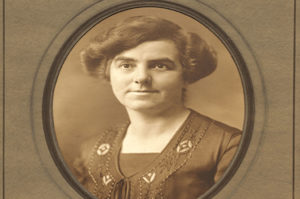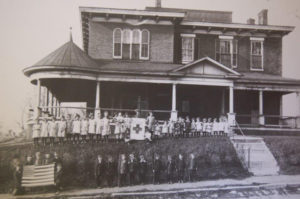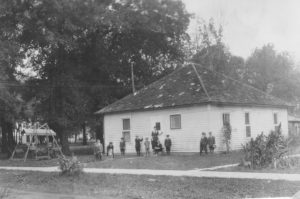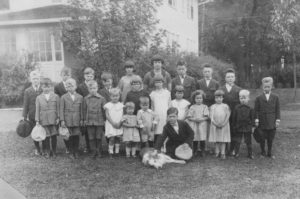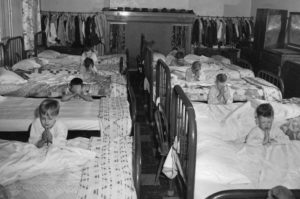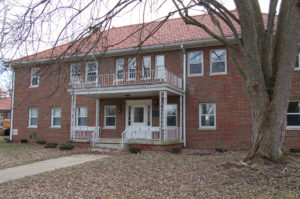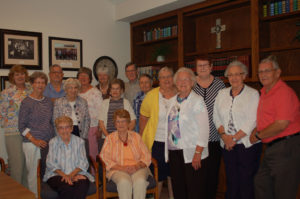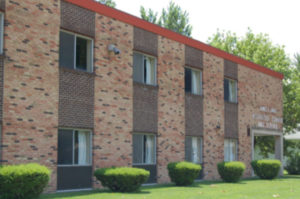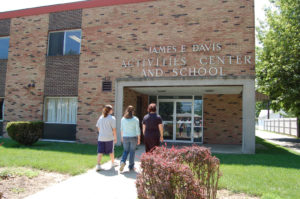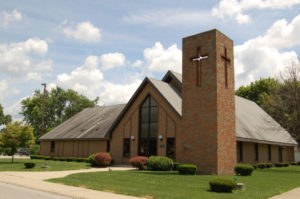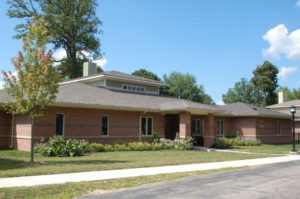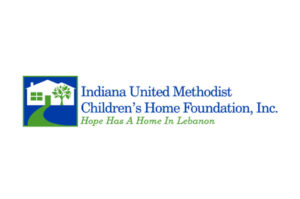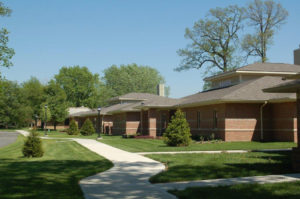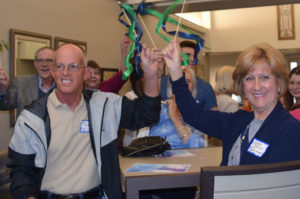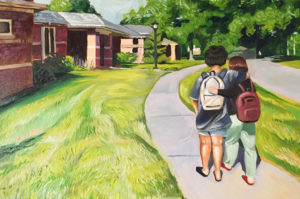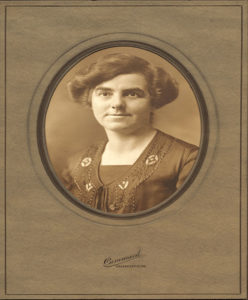Indiana United Methodist Children’s Home has been serving youth in crisis for more than 100 years. The task of reorienting the lives of children and families is highly complex and intensive. Your support allows us to help abused and neglected youth find happiness and grow to lead independent lives. Over the years, thousands of our graduates have become productive members of society. We are proud they are raising families, coaching youth leagues, serving in our military and running companies.
While placed at the Children’s Home, youth live in a therapeutic family-style, non-institutional environment with family teachers and assistant family teachers that have specialized training in the Teaching-Family Model. The Home also includes 24/7 awake coverage and a 1:5 staff to youth ratio with a maximum of 8-10 youth per home. Each youth receives a private, fully furnished bedroom.
The impact of our mission is helping 5,500 children in crisis find happiness and lead independent lives. What a legacy!

